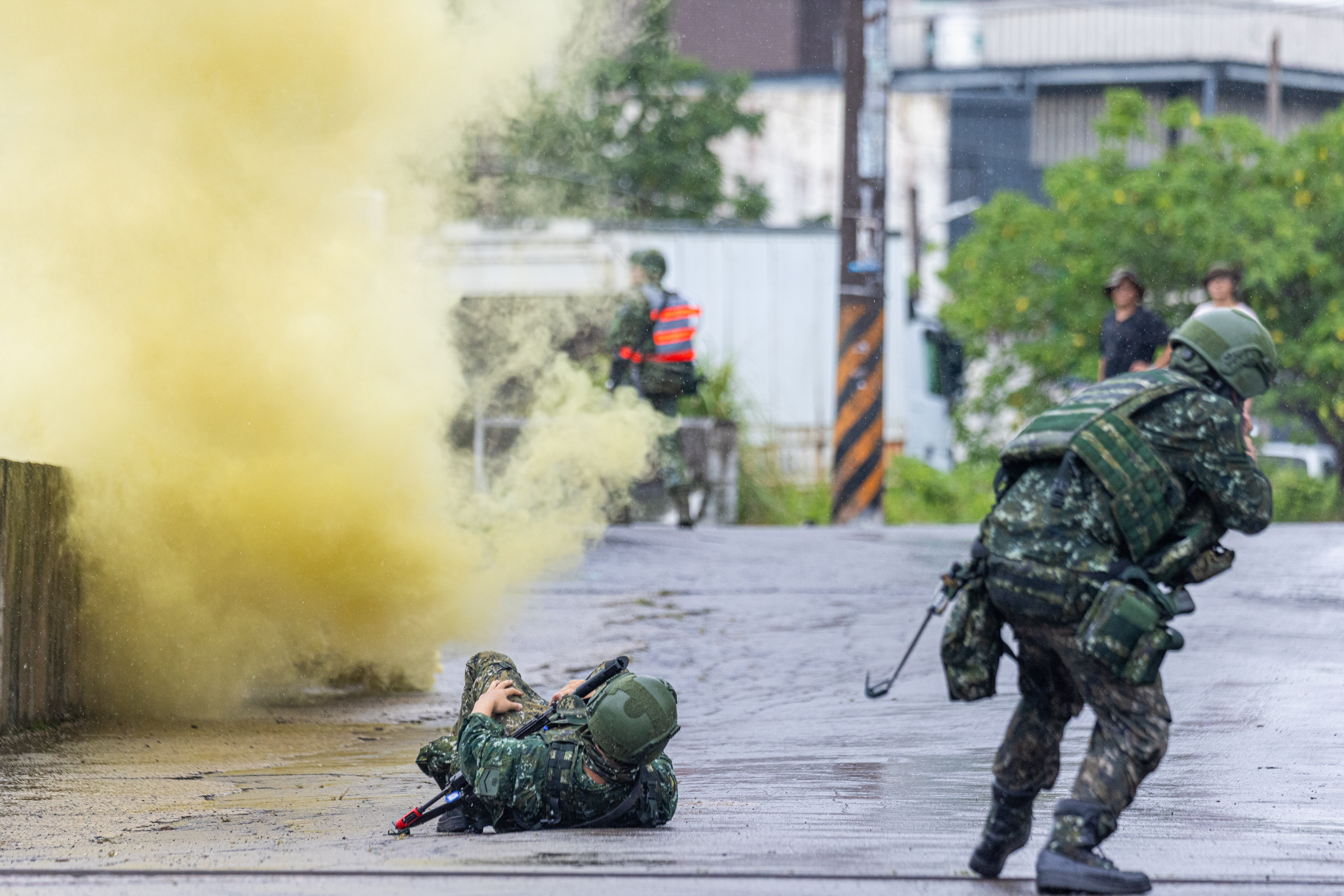The Fragility of Taiwan's Energy Security Amid Geopolitical Tensions
 The Tech Times
The Tech Times
In an era where geopolitical maneuvers increasingly shape energy security landscapes, Taiwan finds itself in a precarious position. A recent report by the Center for Strategic and International Studies (CSIS) highlights a critical vulnerability: Taiwan's energy infrastructure could be severely compromised in the event of a Chinese blockade, potentially crippling the island's electricity supply.
Historical Context: Energy as a Strategic Lever
Energy has long been a strategic asset, often leveraged in geopolitical conflicts. The 1970s oil crisis, where Middle Eastern countries utilized oil as a tool of political influence, serves as a stark reminder of how energy resources can be wielded in international relations. Similarly, Taiwan's reliance on energy imports makes it susceptible to external pressures, especially from China, which regards Taiwan as a breakaway province.
Taiwan imports nearly 98% of its energy, primarily in the form of oil and natural gas. This heavy dependency on foreign energy sources puts Taiwan in a vulnerable position. Any disruption, particularly from a major player like China, could lead to significant economic and social upheaval.
The Geopolitical Chessboard
The Taiwan Strait, a narrow body of water separating Taiwan from mainland China, is a critical chokepoint for energy imports. A blockade here could prevent the passage of essential energy resources. The CSIS report underscores this, warning that Taiwan's energy security is a weak link in its overall resilience against coercion.
China's military exercises in the region have already demonstrated its capability to enforce a blockade, albeit temporarily. Such maneuvers are not just demonstrations of military might but also strategic signals aimed at exerting psychological and political pressure on Taiwan and its allies.
Technological Vulnerabilities and Resilience
Beyond physical blockades, Taiwan must also contend with cyber threats. As a tech powerhouse, Taiwan's energy infrastructure is highly digitalized, making it susceptible to cyberattacks. Such attacks could disrupt power grids, leading to widespread outages. This digital vulnerability adds another layer of complexity to Taiwan's energy security challenges.
Taiwan has taken steps to bolster its energy resilience. Initiatives to diversify energy sources, increase renewable energy production, and enhance energy storage capabilities are underway. However, these measures take time to implement and may not fully mitigate the immediate risks posed by a potential blockade.
Conclusion: Navigating a Complex Future
The CSIS report serves as a wake-up call for Taiwan and its allies. Ensuring energy security in the face of geopolitical tensions requires a multifaceted approach. Strengthening domestic energy production, enhancing cyber defenses, and fostering international cooperation are crucial steps toward mitigating the risks.
For Taiwan, energy security is not just about keeping the lights on; it's about preserving sovereignty and stability in a volatile geopolitical landscape. As tensions in the Taiwan Strait persist, the island's energy resilience will be a pivotal aspect of its national security strategy.
As history has shown, energy is not just a commodity but a strategic asset that can shape the course of nations. Taiwan's journey to energy security is fraught with challenges, but with strategic foresight and international cooperation, it can navigate these turbulent waters.
Source: A Chinese blockade could cripple Taiwan’s electricity, war game warns
Subscribe to my newsletter
Read articles from The Tech Times directly inside your inbox. Subscribe to the newsletter, and don't miss out.
Written by
